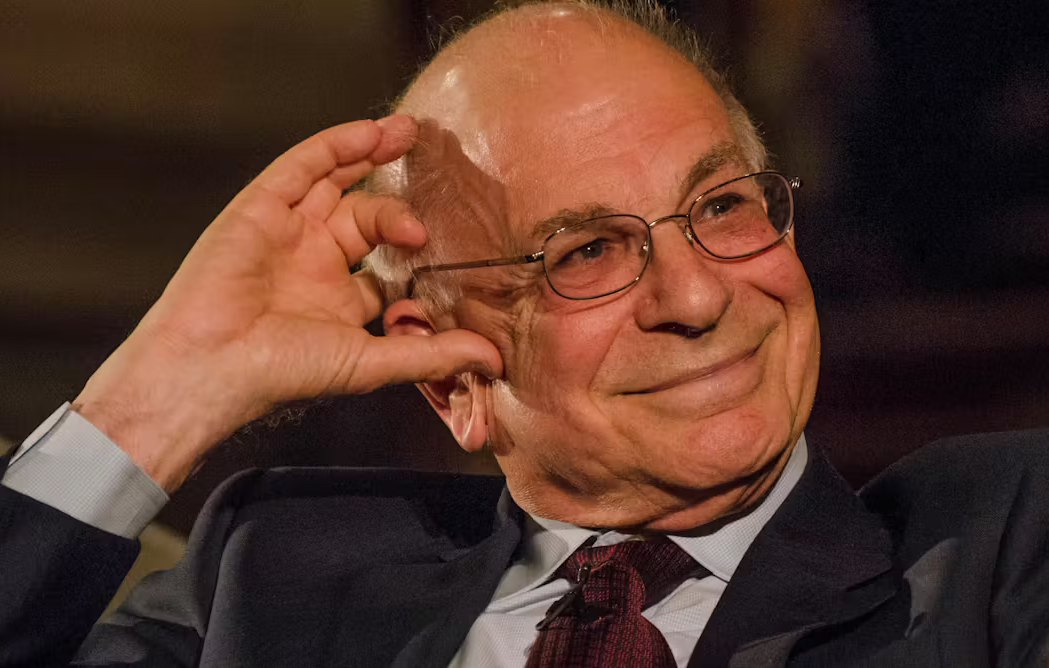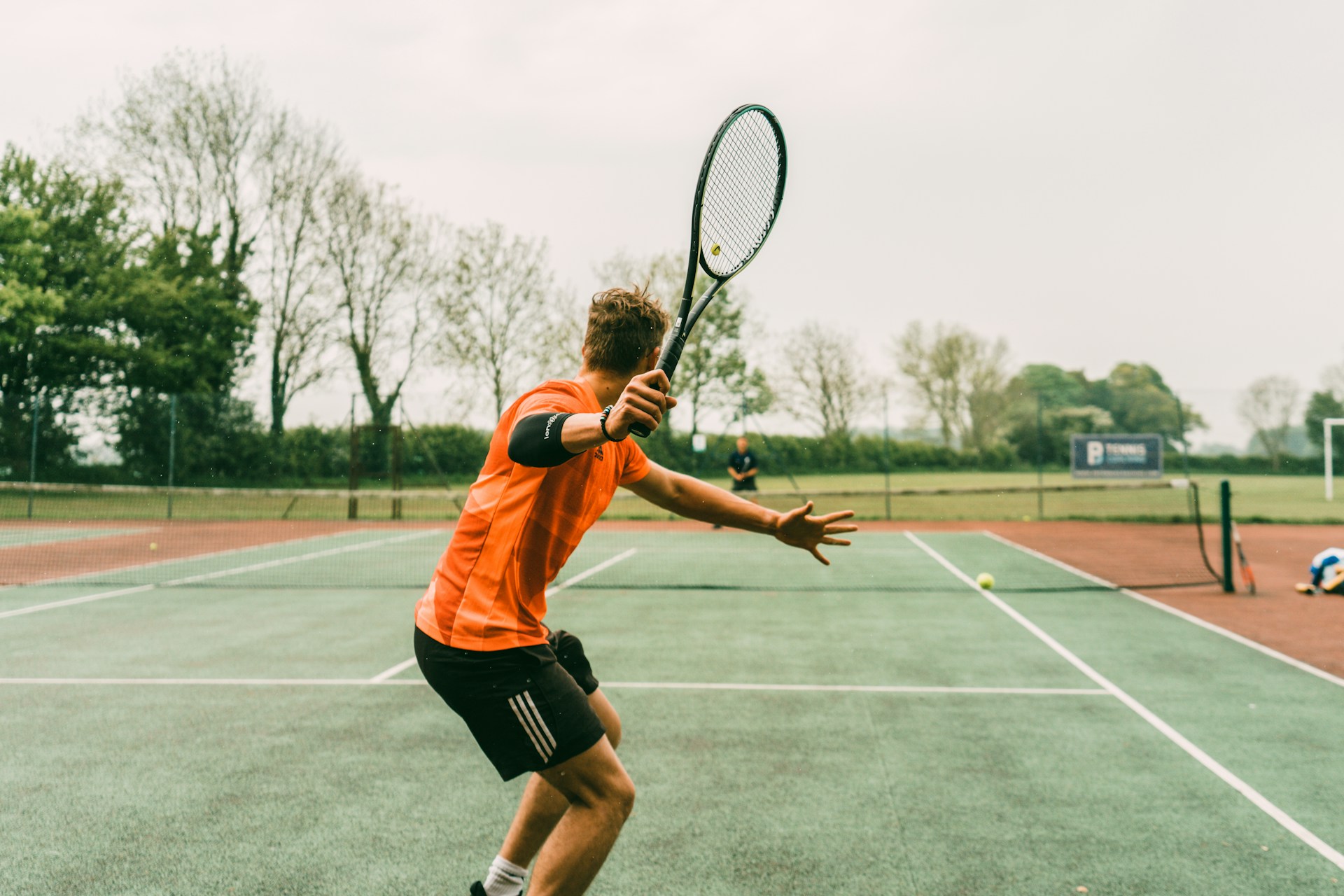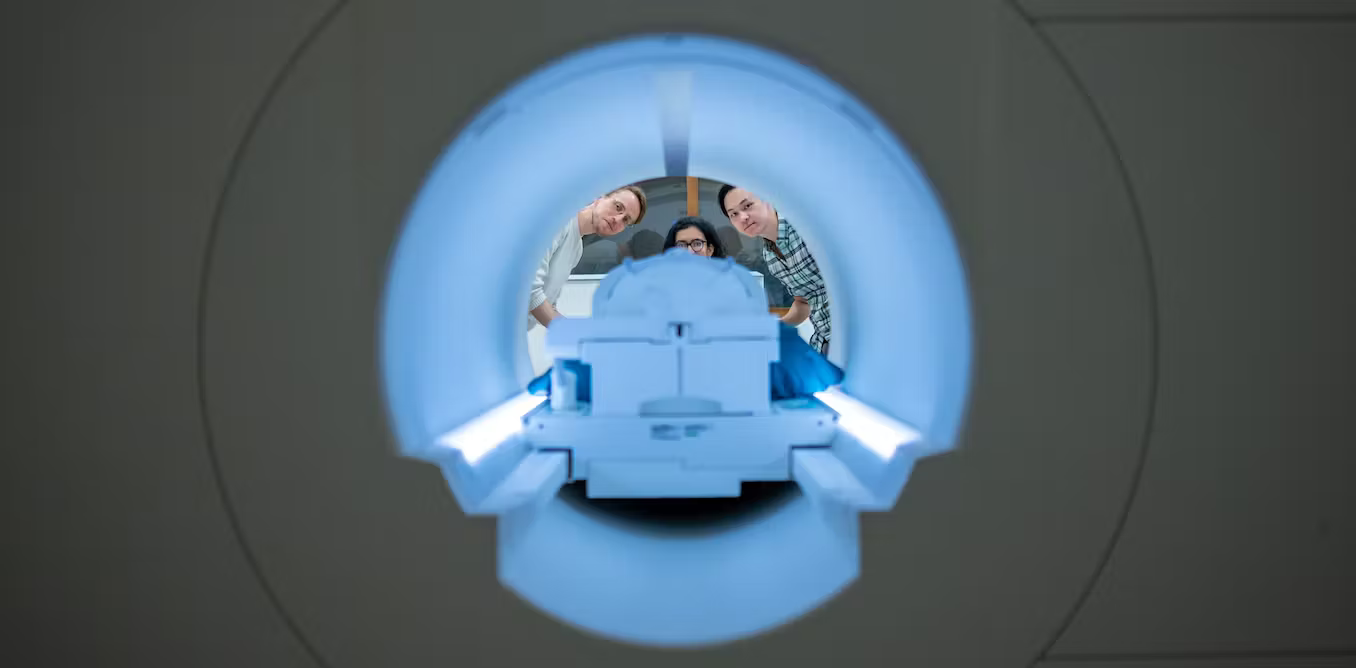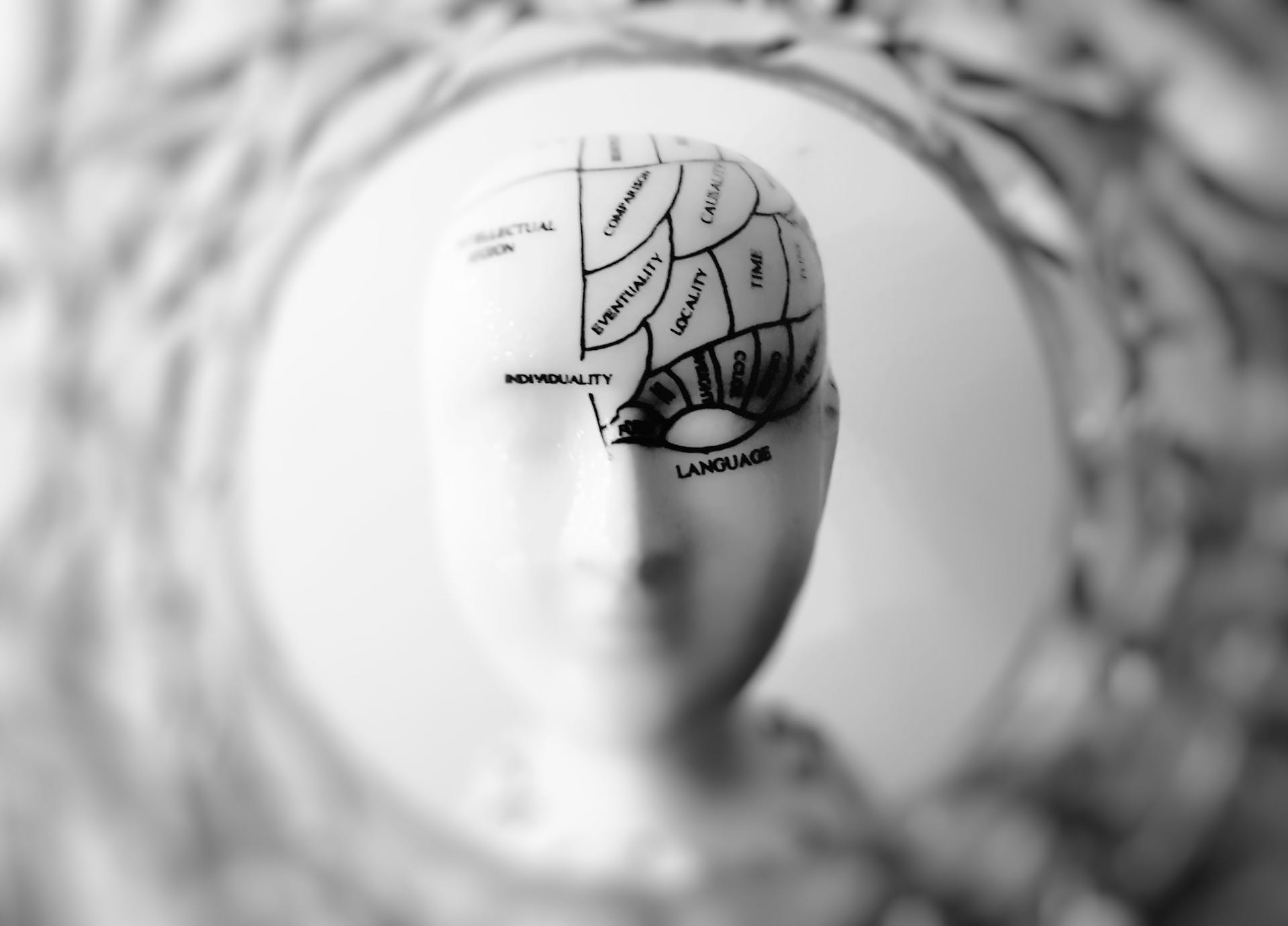-
The dress and the rabbit
Alan Stevenson | April 25, 2024Optical illusions and ambiguous pictures are more than parlour puzzles but can open our eyes to the scientific study of human perception and the role our brains play in shaping what we think we see.
-
Debunking Dunning-Kruger
Eric Gaze | April 23, 2024The Dunning-Kruger effect – that unqualified people over-estimate their ability – is often quoted and uncritically cited, but may be misleading, if not entirely untrue.
-
Back on the couch
Nick Haslam | April 5, 2024Writer and psychotherapist Adam Phillips is often hailed as one of the world’s great essayists. His new book – exploring the topic of giving up, among other things – is both erudite and slippery.
-
Remembering Daniel Kahneman
Daniel Read | April 4, 2024Daniel Kahneman’s passing at 90 years old leaves a major gap in the field of behavioural science and the wider intellectual community.
-
Predicting the present
Open Forum | March 6, 2024How do the brains of cricketers, racing drivers and tennis players react so quickly to events in the heat of competition? Scientists may now have more clues.
-
Trust your instincts
Alan Stevenson | February 29, 2024We’re surrounded by technology and spend decades honing our intellects at school and university but intuition – the ability to understand something without conscious reasoning – remains a powerful force in our lives, and can sometimes even be a life saver.
-
Brain waves
Stephanie Sheir | February 14, 2024The brain is the most complicated object in the universe. This is the story of scientists’ quest to decode it, and even start to read people’s minds.
-
Unraveling the riddle of cognition
Alan Stevenson | February 7, 2024Cognition – the mental action or process of acquiring knowledge and understanding through thought, experience, and the senses – was once thought the preserve of the human brain, but scientific research increasingly suggests that simple organisms and even plants are capable of understanding and reacting to their environments in remarkable ways.
-
Birth of the transhuman
Nathan Higgins | February 4, 2024Elon Musk’s brain-computer interface company Neuralink has reportedly placed its first silicon chip in a human brain as part of a study to help paralysed people control devices with their thoughts.
-
Focus on multi-tasking
Peter Wilson | January 4, 2024Multi-tasking is part of modern living and we all split our attention countless times a day when juggling both mundane and important tasks, but doing two things at the same time isn’t always as productive or safe as focusing on one thing at a time.
-
The human super computer
Open Forum | October 15, 2023Scientists have confirmed that human brains are naturally wired to perform advanced calculations, much like a high-powered computer, to make sense of the world through a process known as Bayesian inference.
-
Neuroscience training to help children flourish
Open Forum | August 31, 2023Professionals working with children and young people will be offered training in brain science in an Australia-first initiative between The University of Queensland and the Australian Research Alliance for Children and Youth through the Thriving Queensland Kids Partnership.













